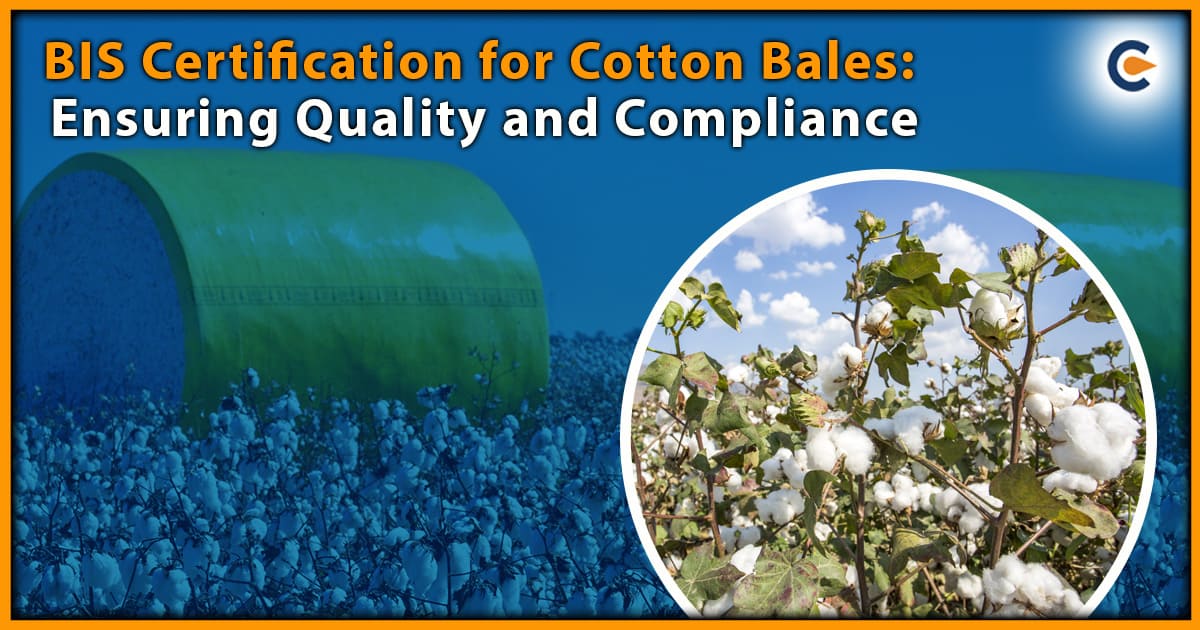In the year 2003, the BSCI (Business Social Compliance Initiative was founded to develop the European Business Social Compliance Programmes tools and procedures. The BSCI certification is based on the labor standards of the (ILO) International Labour Organisation and other essential international regulations, such as the UN Charter for Human Rights, and national regulations.
BSCI is a common European platform of retailers, industry, and importing companies for monitoring and involving social standards in supplier countries for all the consumer goods. The Business Social Compliance Initiative was officially launched on Nov 30 in 2004. It represents the coordinated effort by the European retail industry to implement the harmonized code of conduct voluntarily, and it improves working conditions in supplier countries.
What is the SA8000 Standard?
The BSCI encourages suppliers to go beyond the minimum requirements of the BSCI Code of Conduct and obtain BSCI certification according to the international social management standard SA8000. In doing so, one will automatically qualify for the BSCI system, as the SA8000 standard includes all the BSCI Code of Conduct requirements and is recognized by the BSCI. The SA8000[1] certificate is valid for the 3 years. During that period, one can check for regulatory compliance in semi-annual surveillance audits.
BSCI Practices for Industry
The BSCI recognizes SA8000 as its best practice. Some essential points are:


Who founded BSCI?
The Foreign Trade Association (FTA) was founded in 1977 as a non-profit organization. This represents the interests of importing retailers on foreign trade issues and lobbies on its behalf. The members include companies and associations from 10 EU countries. In March 2003, the FTA then formally founded BSCI, to develop the tools and procedures for the BSCI Programme. The BSCI Member companies commit themselves to the objectives of the BSCI and subsequently involve their suppliers in the system.
The requirements have the importance and are implemented in the developmental approach:
- Legal Compliance
- Freedom of an Association
- Right to Collective Bargaining
- Prohibition on Discrimination
- Compensation
- Working Hours
- Workplace Health and Safety
- Prohibition of Child Labour
- Prohibition of Forced Labour and Disciplinary Measures
- Environment and Safety Issues
- Management Systems
What are the key features of BSCI?
The key features of BSCI are as follows:-
The BSCI certification is a system; however, it does not issue the certificate.
The cover page of an audit report outlining the results and the audit’s validity can be displayed in the factory premises and used as proof of an audit.
BSCI has 2 membership systems.
Regular membership applies to retail, trading, brand, and importing companies with an active role in the supply chain, integrating their suppliers into the BSCI auditing and qualification process. The associate membership applies to any companies, associations, and institutions without an active role in the supply chain, supporting the initiative but does not implement the BSCI process.
- A BSCI database provides information on all BSCI member suppliers’ profiles and their auditing results. The information avoids unnecessary costly multiple audits and tracks non-compliance issues, thereby highlighting where the training of suppliers is essential. This data is used to evaluate the concrete results of BSCI activities each year.
- BSCI is the participatory platform where all members are invited to develop the BSCI system and its services further.
- The BSCI Service Provider Directory also helps BSCI members to find the right partners to implement the BSCI System.
Read our article:A step by step guide to Renew the Trade License Online
Which companies required BSCI Audits?
The BSCI is aimed at companies operating on an international market and cooperating with supplier companies abroad. The supplier audits make sense for the companies looking to strengthen their responsible corporate action, both internally and in the supply chain.
How is a BSCI audit carried out?
Detailed practices for a BSCI audit are given below.
Applying for the audit
Only companies that are actively supplying BSCI Members can be audited according to the BSCI Code of Conduct. The audit has to be applied via the BSCI platform and approved by the BSCI member responsible for the supplier.
Preparing for the audit
Before the first BSCI audit, the supplier must sign the Terms of Implementation. The supplier acknowledges the values and principles of the BSCI Code of Conduct and commits itself to take suitable measures in compliance with the principles of the BSCI Code of Conduct. The supplier must agree to audits by approved auditing firms and permit them to conduct confidential interviews with the employees, make copies of documents, take photographs of production facilities, and documents required for audit in the BSCI platform.
Prior to an audit, each producer is asked to fill out the BSCI self-assessment questionnaire. This gives auditors the first impression and supports them in audit planning. The supplier then receives the audit plan with a list of documents needed for the audit.
Supplier audit on-site
When an audit is carried out on-site, our auditors examine whether the supplier adheres to the BSCI Code of Conduct guidelines. Audits can be announced, semi-announced, or unannounced. Semi announced audits are the most common type and are carried out within the time window of 1 month without the exact date of the audit being disclosed to the producer. The audit begins with the opening meeting, in which the aim and process of the audit are explained. After that, auditors inspect the production facilities, interview managers and employees, and examine the documents.
The audit and audit report results
Any deviations from the requirements of the BSCI Code of Conduct are documented by the auditors and countersigned by the supplier. Depending on the degree of fulfilment, the audit result may lie between A = Outstanding to E = Unacceptable. A document the results of the audit (including photographs of the situation on-site) in the BSCI platform, where this can be viewed by the supplier and its customers with BSCI membership.
Follow-up audit
If our auditors find during a BSCI audit that some requirements of the BSCI Code of Conduct are not fulfilled, the supplier has to make the required adjustments as quickly as possible.
Renewal audit
A full BSCI audit is valid for 2 years. After the further audit, the validity is extended by a further two years.
What are the advantages of BSCI Audit?
- To open up new marketing possibilities and strengthen the trust of customers, consumers, and business partners and employees.
- To lay the foundation for future business relationships and thereby gain advantages in tender procedures.
- To show a sense of responsibility for fair and safe production and working conditions.
- To save costs and time by avoiding multiple audits.
- To provide proof of improved working conditions and overall social commitment.
- To improve the management of the value chain
- To create the perfect basis for SA8000 certification
BSCI Social Requirements


What is the BSCI code of conduct?
The Business Social Compliance Initiative is a private, non-governmental, not-for-profit membership-based initiative aiming to improve the social conditions of members’ suppliers based primarily on newly developed and developing countries. BSCI Code of Conduct is the common social management system that promotes the elements to improve worker’s conditions based on international conventions protecting workers rights. The BSCI Code of Conduct was developed with partnership to the Social Accountability International initiative as a stepping stone towards SA8000 certification.
BSCI has also developed standardized management tools and guidance documents in various languages to implement its Code of Conduct. Besides, BSCI promotes auditing and capacity building. While audits assessing the implementation of the BSCI requirements and measuring improvement, capacity building raises the awareness of suppliers, tries to empower workers, and aims for changes in the factory and farm.
BSCI Compliances
- Compliance with the nationally applicable laws
- Freedom of assembly and collective bargaining rights
- Prohibition of any type of discrimination
- Compliance with legal minimum wages and the basic means of subsistence
- Setting maximum working hours at 48 hours per week and limiting overtime
- Clear rules and procedures for health & safety in the workplace
- Prohibition of child labor
- Prohibition of the forced labor and disciplinary measures
- Compliance with minimum requirements for waste management, emissions, and wastewater treatment
- Compliance with minimum requirements for handling chemicals and the other hazardous substances
How to comply with a basic code of conduct?
To implement a BSCI Code of Conduct in the supply chain, BSCI has developed standardized management tools and provided guidance documents on its website in various languages. The BSCI has developed adapted training activities to increase the supplier’s knowledge and skills with regard to social compliance. These training sessions are open for all suppliers of BSCI members and include awareness rising and more advanced workshops.
- Step 1: BSCI members need to communicate a BSCI Code of Conduct to their suppliers.
- Step 2: Before an audit, suppliers has to complete a self-assessment. The objective was to introduce the BSCI Code’s practicalities and prepare them for the audit. During the phase, BSCI encourages suppliers to attend an awareness-raising workshop on the BSCI implementation.
- Step 3: An initial audit aims to assess a supplier’s performance against the BSCI Code of Conduct. This is repeated every 3 years, and the initial audit includes an inspection of a site with thorough examination of company records. Private interviews as the sample of employees to understand the factory’s daily situation better.
- Step 4: If an initial audit shows non-compliance with the BSCI Code, it prepares Corrective Action Plans. The CAPs record which measures has to be implemented and sets a deadline for all requirements to be completed. Corrective actions plan is for industry best practices remain voluntary. An advanced workshop is offered during this phase to support suppliers to tackle specific challenges.
- Step 5:Within 12 months after an initial audit, an audit must take place to check that all corrective actions have been implemented. If the company is still non-compliant, a second re-audit can take place. BSCI encourages the members to reconsider their relations with that supplier. All the suppliers who successfully comply with “Best Practice for Industry” are encouraged to pass the BSCI certification, which BSCI considers best practice.
Conclusion
At present, BSCI audited companies have to commit to auditing and to integrate 2/3 of their soft goods suppliers or 2/3 of their buying volume in defined risk countries into the compliance program. SA8000 Auditors must carry out this auditing and integrate with timeframe 3 ½ years after joining the BSCI certification. The supervisory Council Checks the fulfilment of the commitment regularly. We at CorpBiz help in compliances regarding the BSCI and also help the companies in conducting the BSCI audit assessment.
Read our article:What is the Planning area in RERA?











